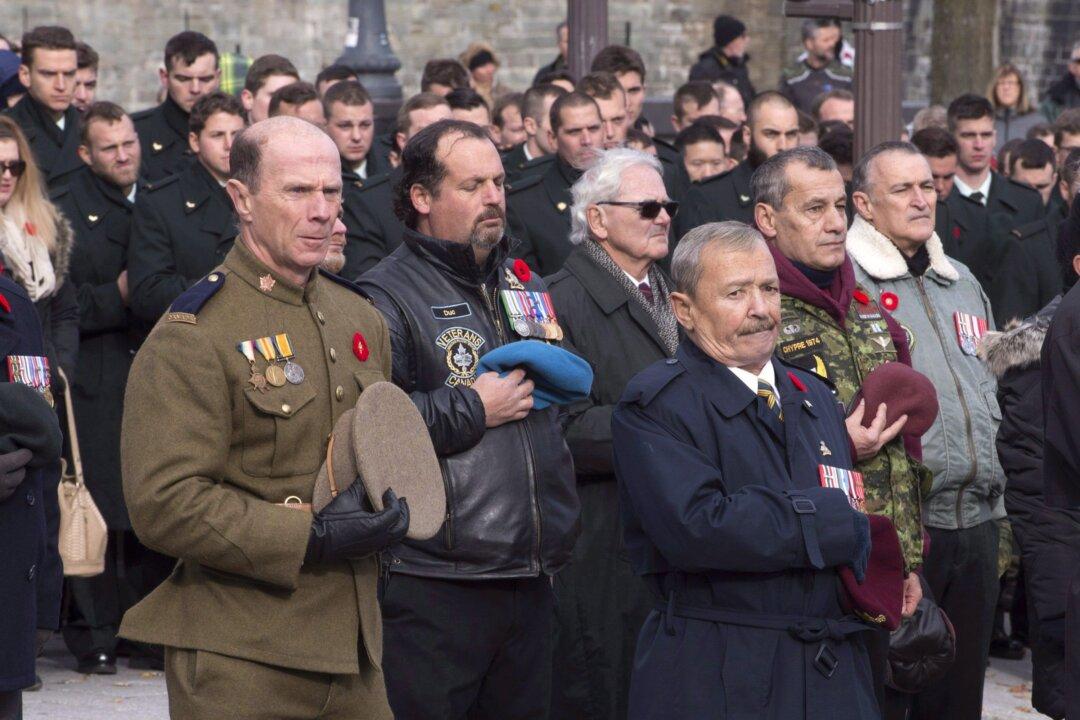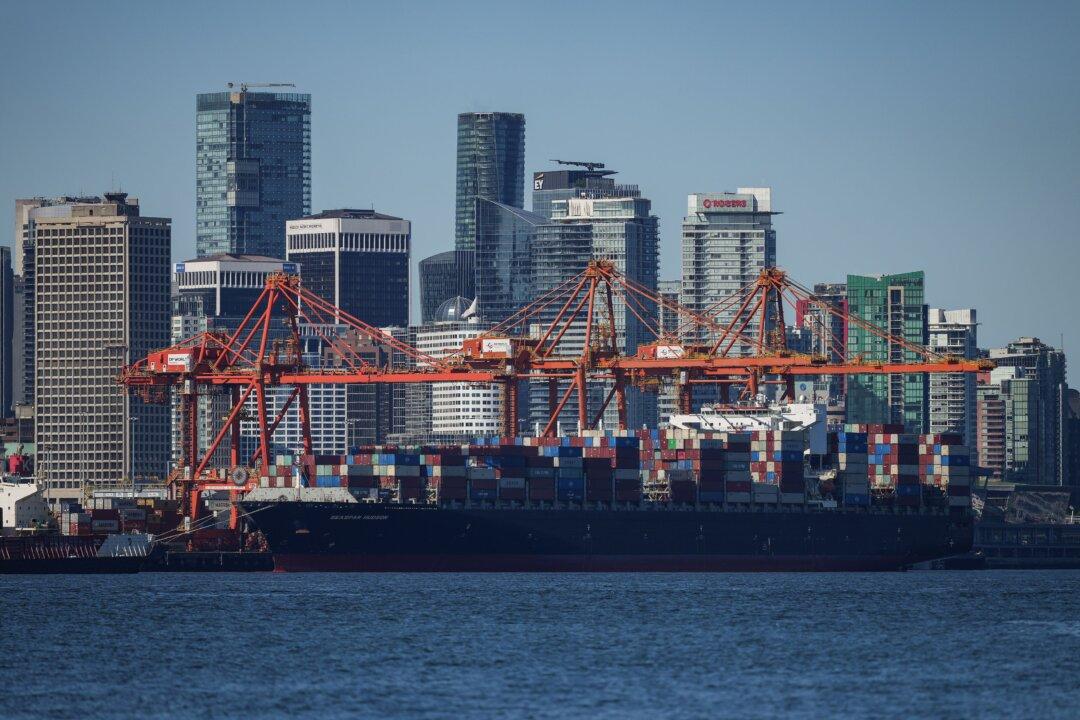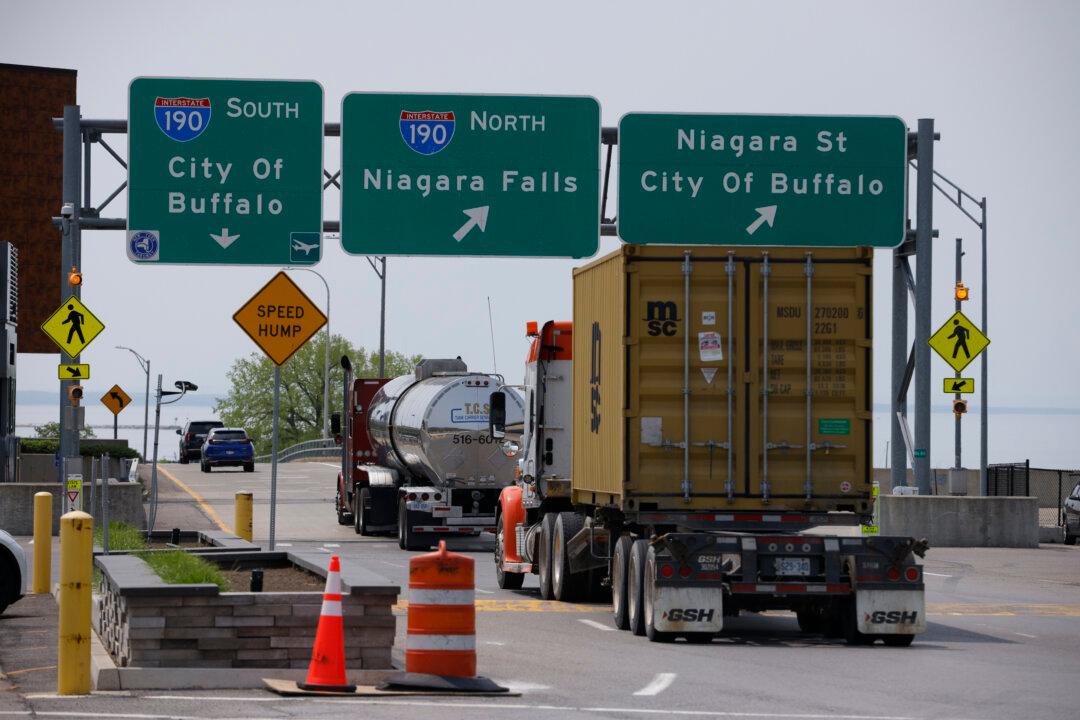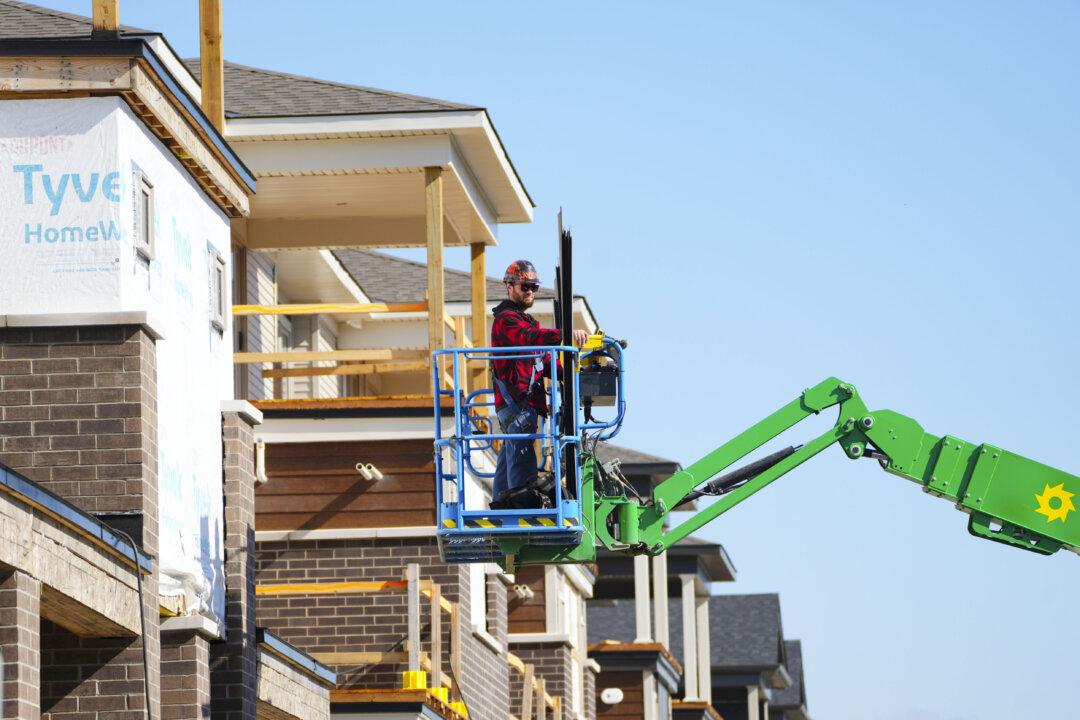Commentary
There are few if any military occasions as connected to spirituality and religion as Remembrance Day. While we gather to mark all of those who served, the playing of the Last Post reminds us that our most solemn thoughts are reserved for those who made the ultimate sacrifice and did not return.





